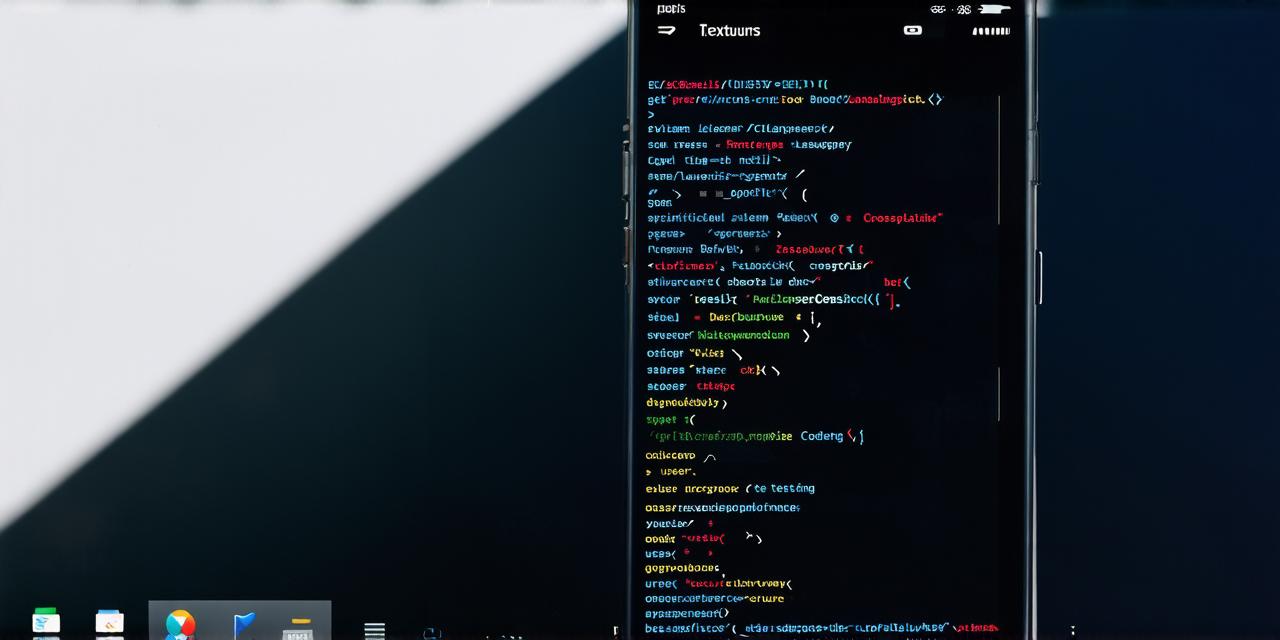Best tools for developing mobile apps
In the dynamic world of mobile app development, choosing the right tools can make all the difference. Here are some top picks that have proven their worth in the industry.
1. React Native
This Facebook-backed framework allows developers to build cross-platform apps using JavaScript and native components. With its large community and consistent updates, React Native is a favorite among many. As one developer puts it, “It’s like having an Ionic or Cordova app but with the performance of a native app.”
2. Flutter
Google’s UI toolkit for building natively compiled applications for mobile, web, and desktop from a single codebase is another popular choice. Its hot reload feature saves time during development, making it an efficient choice for rapid prototyping and iterative design.
3. Xamarin
Owned by Microsoft, Xamarin allows developers to write native Android, iOS, and Windows apps with C and .NET. With its deep integration into Visual Studio, Xamarin offers a seamless development experience. As one developer notes, “Xamarin has made it possible for me to develop for multiple platforms without having to learn different languages.”
4. Ionic
This open-source framework uses web technologies like HTML5, CSS3, and JavaScript to build hybrid mobile apps. Its extensive library of pre-built components makes it easy to create visually appealing apps quickly.
FAQs
*What about native app development?* Native app development using Swift (iOS) and Java/Kotlin (Android) is still popular, especially for performance-intensive apps.
*Are there any other tools worth mentioning?* Yes, others like Adobe’s PhoneGap, Apache Cordova, and Sencha Touch are also used in mobile app development. However, they are less popular compared to the ones mentioned above.
In conclusion, the choice of tool depends on your specific needs, skill set, and the type of app you’re developing. Each tool has its strengths and weaknesses, so it’s essential to understand them before making a decision.
